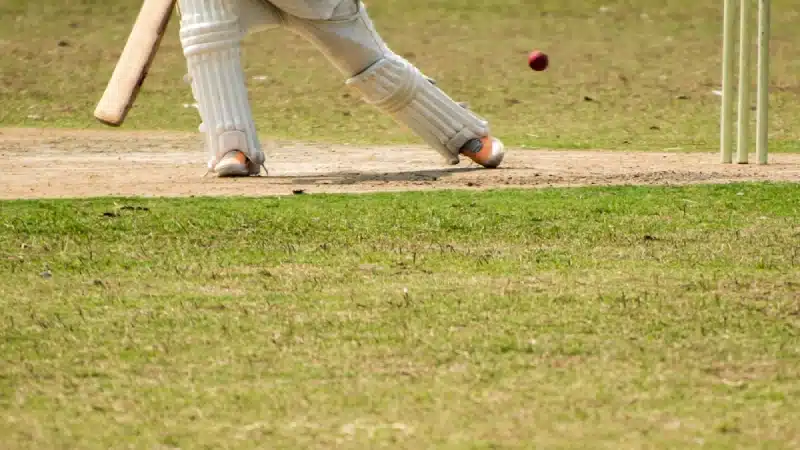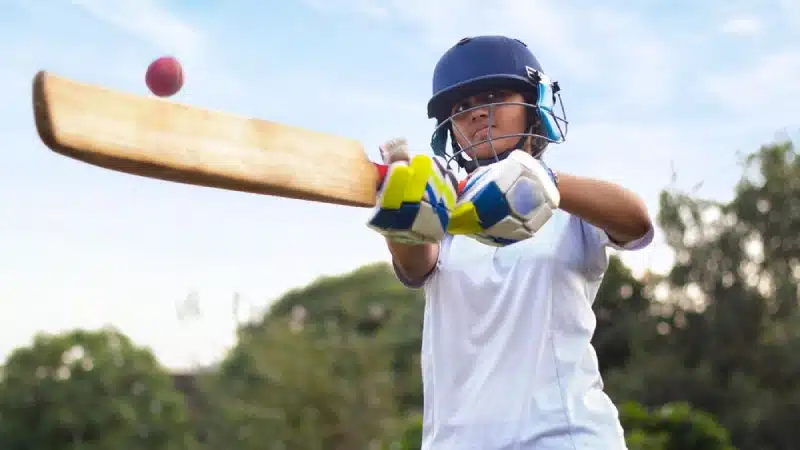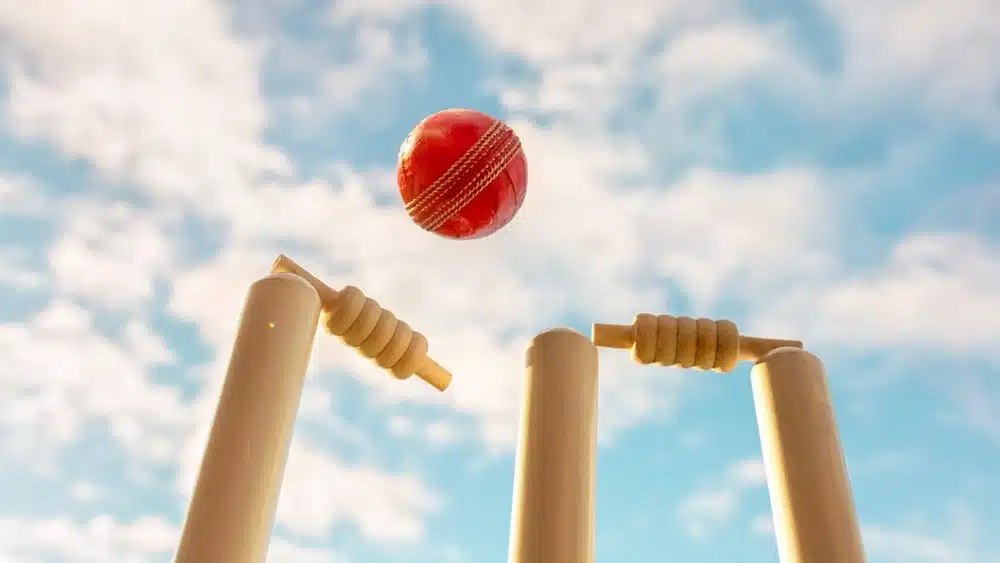
Bowlers have been using saliva to shine the ball since the earliest days of cricket. Keeping the red cherry fresh and shining is important in generating swing or any movement on offer. It’s such a common sight in cricket that there are assigned 'ball shiners' in each team aside from the pace bowlers who regularly do so.
Using sweat and saliva remains the only legal ways of keeping the ball fresh. However, post the pandemic, this could become a rare sight, given the risks involved in spreading saliva on the ball.
When action does resume, we might have to watch batsmen dominate the game even further with the scuffed-up ball, and that brings us to a perennial question that has haunted the cricketing fraternity for a long time — Should ball-tampering be made legal?
The question arises not too long since the scrutiny on the maintenance of the ball shot sky-high following the controversial Sandpapergate saga involving Steven Smith, David Warner and Cameron Bancroft in South Africa in 2018.
Right now, players are barred by Law 42.3 in the MCC Law book from rubbing the ball on the ground, interfering with its seam or surface, or using any implement that can alter the condition of the ball to thereby gain unfair advantage.
Using artificial sweeteners is another reason for which players have been caught in the past. Faf du Plessis and Dinesh Chandimal are the recent culprits in this category. Soon after the incident involving Chandimal, ICC decided to tighten the screws.
Read | MS Dhoni - the CSK skipper in Indian T20 League vs the Indian middle-order batsman
Dave Richardson, the ICC chief executive, said, "They (committee) were very strong that we need to increase the sanctions available for that type of conduct. So we are talking moving both ball tampering and personal abuse, foul language up to Level 3."
Shoaib Akhtar, Richard Hadlee among advocates
There are many advocates for making ball tampering legal to maintain balance between bat and ball in an already skewed game.
In the last decade alone, the game has become even more friendly to batsmen. The boundaries are shorter, the pitches flatter, and the second new ball in the ODI cricket has destroyed reverse swing.
Laws like two bouncers in an over further cripple the bowlers. Shoaib Akhtar is one who has openly advocated for legalising ball-tampering. "You have to give some kind of advantage to the bowlers. Dead wickets, when combined with no seam movement and swing make it almost a nightmare for the bowlers,” he said in an interview with Harsha Bhogle.
Mark Nicholas, Richard Hadlee and others have also come in support of this view but in the past, this has been ridiculed given that the laws were in place already and it made little sense to change them. The level to which tampering can be allowed also became a topic of debate in this regard.
Now, with the pandemic further setting bowlers back by preventing them from using saliva or sweat, the need of the hour is to make ball-tampering legal. This can probably be tried for a series or two on a trial basis to see what the results are.
But without at least some kind of interference to rectify this situation, we might increasingly see even more boring five-day games and high-scoring ODIs with little competition.
Disclaimer: The views and opinions expressed in this article are those of the author's and do not necessarily reflect the official policy or position of SportsAdda.




















